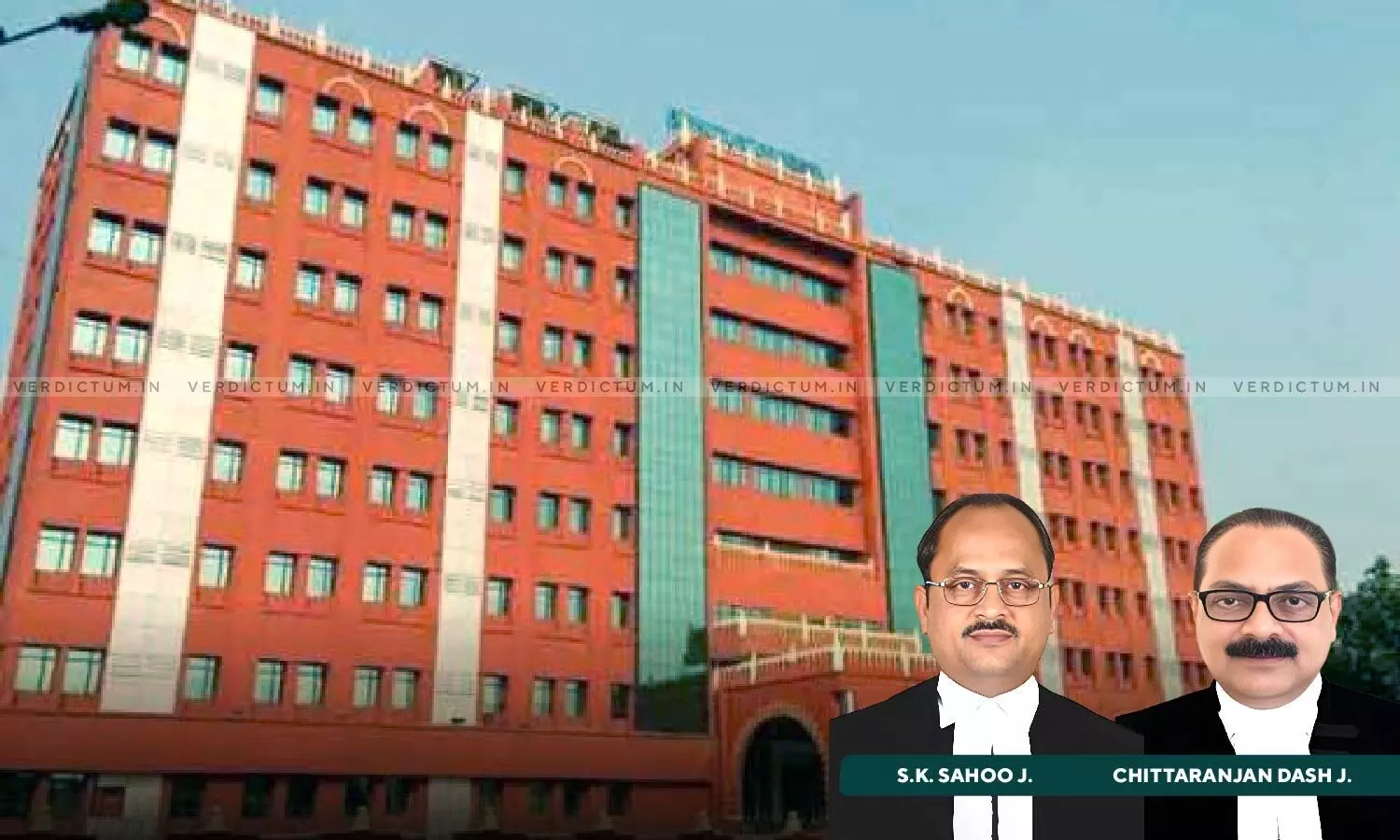
Serious Allegations Against Judicial Officer Can Be Investigated Even If Initial Complaint Lacks Sworn Affidavit: Orissa HC
 |
|The Orissa High Court refused to quash departmental proceedings initiated against a Judicial Officer while noting that serious allegations can be investigated even if the initial complaint lacks a sworn affidavit.
The Court was hearing a Writ Petition filed by the Petitioner, an officer of the cadre Civil Judge, Senior Division seeking to quash the Departmental Proceeding initiated against him by the Court.
The bench of Justice S.K. Sahoo and Justice Chittaranjan Dash observed, “…merely because a complaint is not supported by sworn affidavits, it does not automatically warrant an outright dismissal. In the complete and comprehensive reading of the said guideline, a complaint is not supposed to be ignored from its very inception without even verifying the legitimacy of the complaint as nowhere in the guideline the High Court is debarred from initiating its own enquiry over any complaint where the allegations prima facie reveals verifiable material supporting the complaint subject to an enquiry on the authenticity of the allegations against a concerned judicial officer. The object of initiating an enquiry in the first place is to ensure that serious allegations can be investigated thoroughly, even if the initial complaint lacks sworn affidavit, which underscores the High Court’s authority and discretion in managing the subordinate judiciary.”
Senior Advocate Samir Kumar Mishra appeared for the Appellant and Addl. Government Advocate Rabi Narayan Mishra appeared for the Respondent.
Brief Facts-
A complaint of alleged misconduct was filed against the Petitioner, a Senior Civil Judge-cum-ASJ at Khariar by the Secretary of the Judicial Bar Association. On the basis of complaint which was supported by a resolution from the bar association Chief Justice directed an enquiry. The District Judge conducted a preliminary enquiry and reported on the matter. The District Judge refuted the allegations that led to the initiation of Departmental Proceedings.
The Court perused the circular issued by the Chief Justice of India that was later circulated as a guideline by the Government of India, Ministry of Law and Justice for dealing with the complaints against the subordinate judiciary and observed, “The letter imports specific directives to the Chief Justices of all the High Courts, emphasising that complaints against judicial officers should not be entertained unless accompanied by sworn affidavits and verifiable material to substantiate the allegations.”
The Court observed, “While the guideline aims to protect judicial officers from unwarranted harassment, it does not eliminate the possibility of addressing genuine issues faced by individuals or communities due to the actions of a judicial officer. The High Court retains the responsibility to ascertain the authenticity of the complaints and take appropriate action based on verified facts. The requirement for sworn affidavits and verifiable material ensures that the process is fair and that decisions are not arbitrary. This is a kind of precaution suggested to protect the judicial officers from unwarranted harassment.”
The Court said prima facie there appeared material that the Petitioner’s behaviour is inconsistent with the expectations and responsibilities of a judicial officer, undermining the integrity and reputation of the judiciary, warranting strict disciplinary action.
Accordingly, the Court dismissed the Writ Petition.